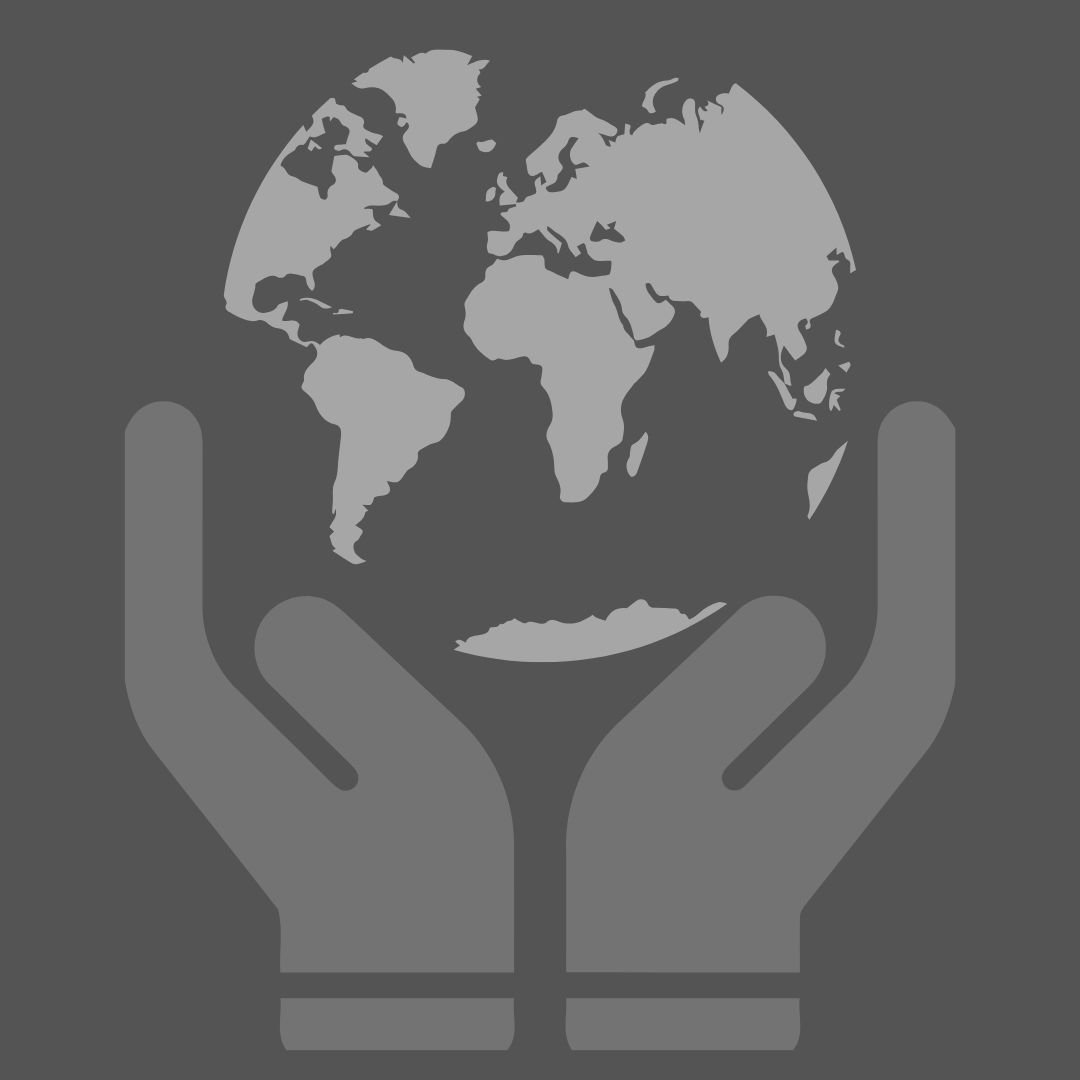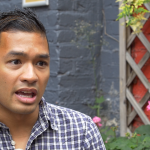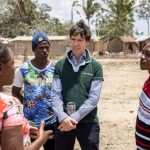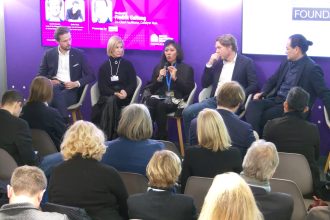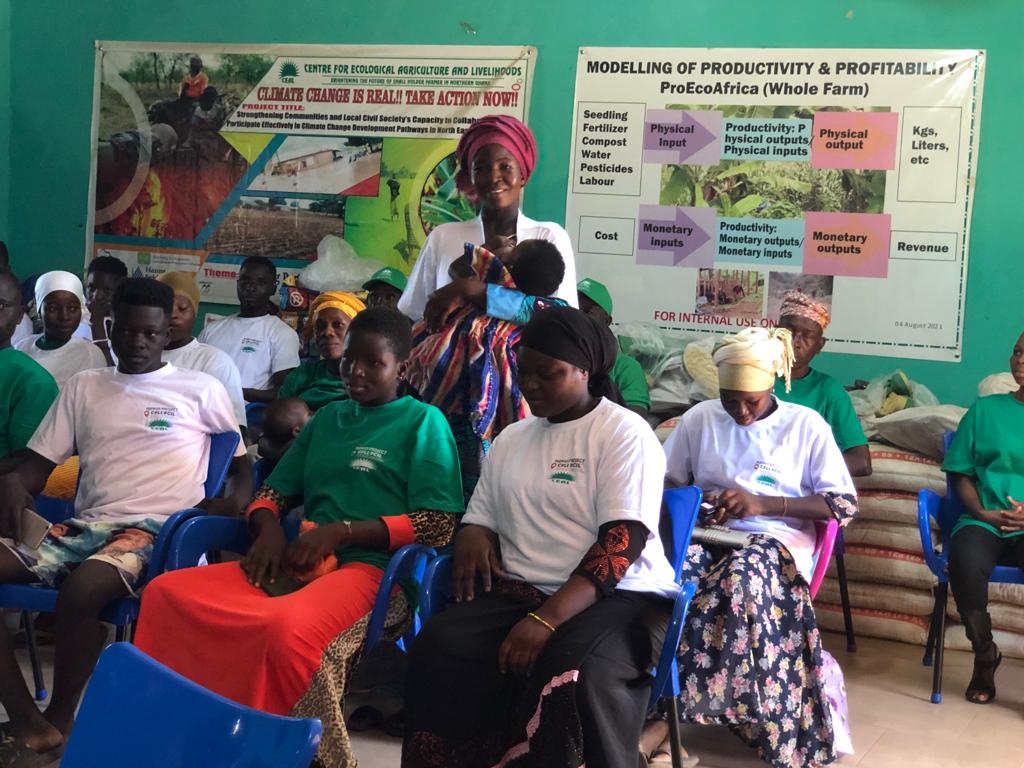
A leading economist claims that the highest polluting countries are merely creating distractions with schemes such as carbon offsets and the Damage and Loss fund, and calls for Africa to instead be treated as an equal partner in fighting climate change.
He recently slammed carbon schemes where rich nations are buying huge swathes of land in Africa and in the process displacing thousands of indigenous farmers and village communities to clear areas for plantations.
Speaking at the African Peoples Counter COP, Fadhel Kaboub فاضل قابوب, President of the Global Institute for Sustainable Prosperity and an economics associate professor at Denison University, was scathing about the contribution carbon offsetting made to mitigating the effects of climate change, stating: “Carbon markets are a distraction and a smokescreen; a ‘pollution permit’ where big multi-nationals can plant trees on land where people have been growing food to feed us and just carry on with polluting.” He also pointed to the removal of indigenous peoples from historical habitats in order for tree plantations to be created.
“Carbon markets are a distraction and a smokescreen; a ‘pollution permit’ where big multi-nationals can plant trees on land where people have been growing food to feed us and just carry on with polluting.”
The scale of land co-opted by rich nations for carbon offsetting is mammoth – with one, Blue Carbon a company based in oil-rich UAE negotiating over 60 million acres which includes 20% of Zimbabwe and 10% of both Liberia and Zambia. “There is a scramble for Africa’s forest carbon,” says Saskia Ozinga, co-founder of Fern, a European environmental justice NGO. “But these deals risk defrauding the countries, the forest communities, and the climate, and appear to be negotiated by African governments who don’t understand carbon markets or are personally benefitting from the deals.”
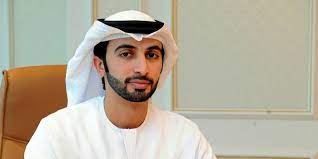
Regarding the Loss & Damage Fund, agreed at COP 27 last year (2022) and designed to help countries suffering climate change impacts, Fadhel Kaboub warned that it needed to have far-reaching scope to provide legitimate change: ”When you have massive external debt like most of our countries (in Africa) do, we have no fiscal policy space left for national priorities like health and education and infrastructure, let alone a fiscal policy space available to tackle the climate crisis, to build a resilient economy to adapt to the impact of climate change, so tackling the root causes of the external debt is a must for this Loss and Damage Fund if it’s going to be transformative, otherwise its going to be a superficial solution, a tranquilising drug as Martin Luther King would say.”
There’s a horrible irony that the continent where 660 million people still do not have access to electricity, and where almost four million people (mainly women and children) die prematurely from cooking with charcoal, is also suffering the worst impacts of climate change. According to the International Energy Agency (The IEA) Africa accounts for less than 3% of the world’s energy-related carbon dioxide (CO2) emissions to date and has the lowest emissions per capita of any region, despite being home to nearly one-fifth of the world’s population today. Africans are already disproportionately experiencing the negative effects of climate change, including water stress, reduced food production, increased frequency of extreme weather events and lower economic growth – all of which are fuelling mass migration and regional instability. The World Bank estimates that climate change will cause 100 million people from the continent of Africa to become displaced by 2050.
For further reading: Just Transition: Climate, Energy, and Development Vision for Africa (2023).
